Design From the Art Nouveau Movement Can Be Described by Which of the Following?
With the evolution of graphic design, we have noticed some major styles pave the way for designers to this day. Graphic blueprint movements are chunks of blueprint history that fabricated a powerful bear on on this industry. To better sympathize the theory of design, these movements need to be studied thoroughly.
Over the years, they have helped designers requite shape to design projects in a refreshing and unique fashion. In this article, I will take you through some major graphic design movements and together nosotros volition explore how they influenced make identity design.
Without further ado, let's proceed.
Art Nouveau
The Art Nouveau move of graphic design had an ornamental design, which usually comprised of elaborated details. With the advent of colored printing and lithography, this manner became widespread across the Usa and Europe.
Fine art Nouveau designs by and large featured women and rarely men. These posters represented glamor, beauty, and modernity. They're highly stylized pieces of art and design that are frequently decorated with floral designs, curvy elements, sinuous shapes, and intricate patterns.
While Arthur Heygate Mackmurdo is credited for bringing the manner forward, Aubrey Beardsley used information technology to engrave illustrations on books. The art became commercialized when the French designer Jules Chéret turned advertisement posters into pieces of art for a toiletries and perfume producer, Eugene Rimmel.
The almost memorable posters to date were designed by Alphonse Mucha, who used mosaic art and lettering for enhancement. He created a series of posters for theatrical plays, and products ranging from biscuits to cigarettes.
At the time, during the 1800s and 1900s, posters played an immense roles in branding and marketing for clients. The pop affiche of Le Chat Noir was created past Théophile-Alexandre Steinlen. Information technology is a rather minimal fine art nouveau design with asymmetric features.
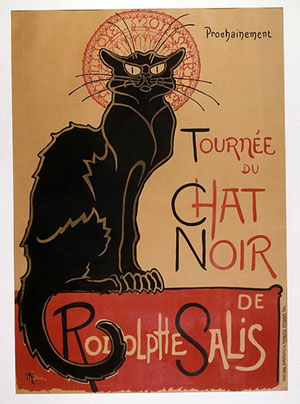
Image Source
When it comes to nowadays-mean solar day branding, art nouveau traces tin be seen in some modern logo designs. Fine art Nouveau blueprint mode will look infrequent on beauty logos if the limerick is laid out nicely.
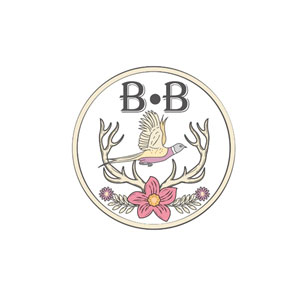
Image Source
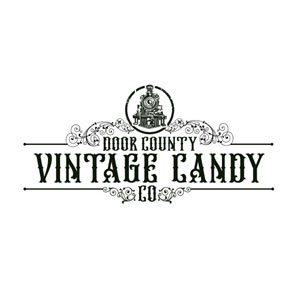
Prototype Source
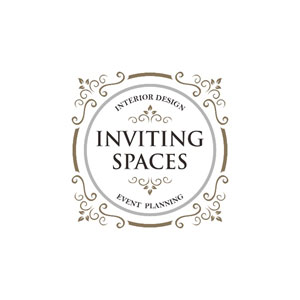
Image Source
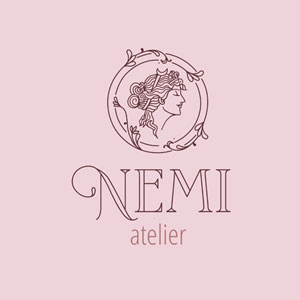
Image Source

Image Source
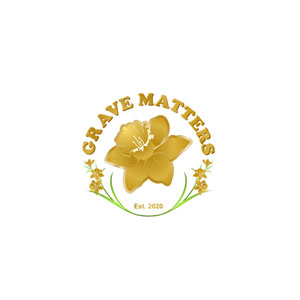
Image Source

Image Source

Image Source
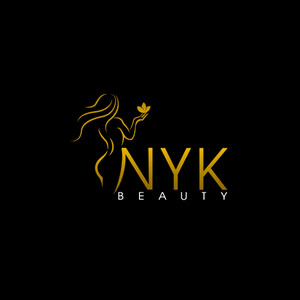
Epitome Source

Image Source

Image Source
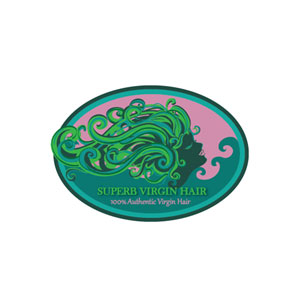
Prototype Source

Prototype Source
Art Deco
Arts Décoratifs, long for fine art deco is another well-known graphic design move that swept the industry with its mechanical and geometric advent. It started off as a decorative style for visual arts like sculpture, furniture, textiles, painting, and architecture. It originated in Paris, French republic but gained momentum across the earth.
With advancements in applied science, the Art Deco mode solidified its permanence into fields like science and the designers grew obsessed with machines like ships, cars, and planes.
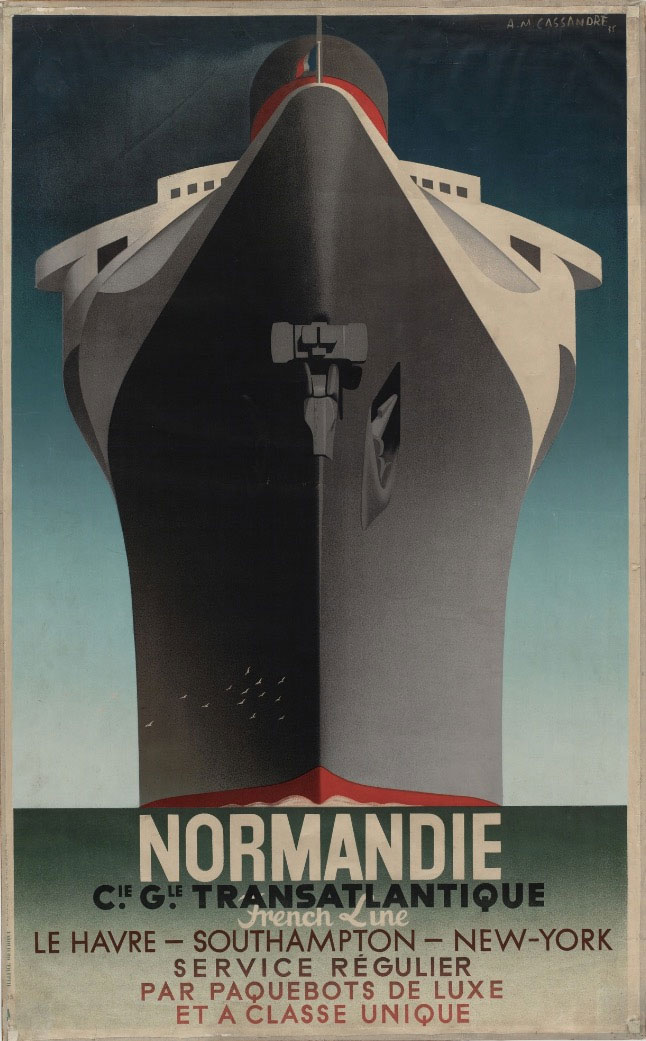
Epitome Source
The Art Deco style is characterized of the following features:
- Trapezoidal, triangular and faceted forms
- Sleek and streamlined shapes
- Industrial, opulent, and bold appearances
- Directly and chevron lines
- Stylized and vibrant patterns
- Decadent and polished motifs
- Bold and bright or monochromatic color scheme
- Gilded, silver, and bronze accents
- Sunbursts and sweeping curvaceous lines
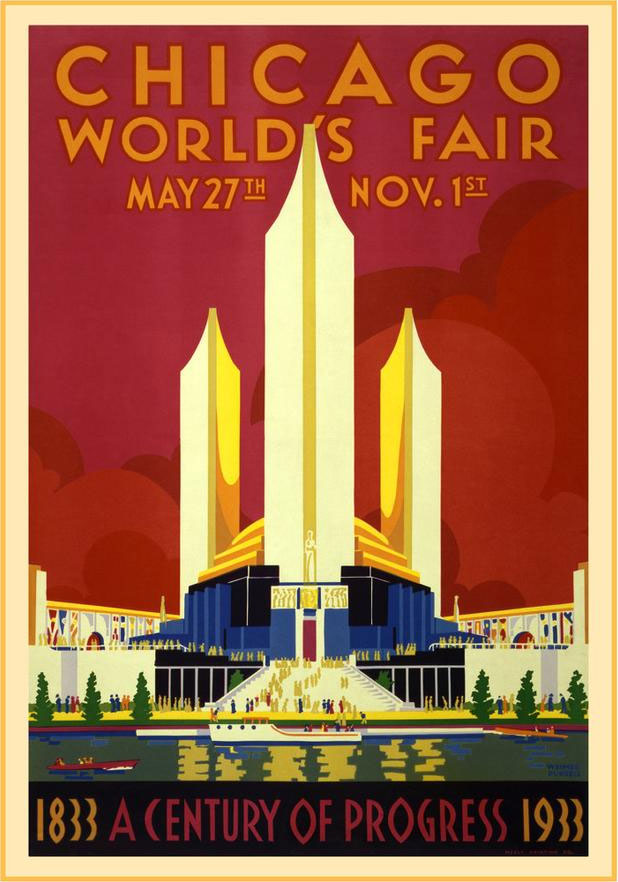
Image Source
The Art Deco fashion incorporates graphic elements from other movements like Cubism, Futurism, and Constructivism. In such graphics, whether it is a poster or a logo pattern, yous will notice ziggurats, columns, buttresses, arches, and parapets. It comprises of symmetry, planarity, repetition and simplicity.

Paradigm Source

Paradigm Source

Prototype Source

Paradigm Source

Epitome Source
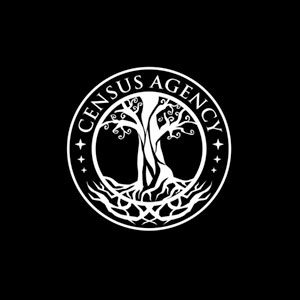
Paradigm Source
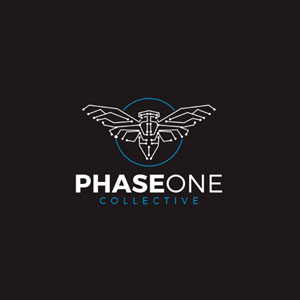
Paradigm Source

Image Source
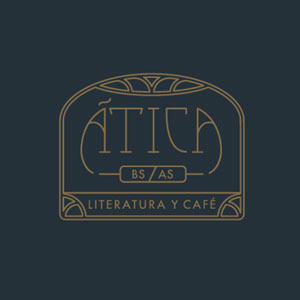
Epitome Source
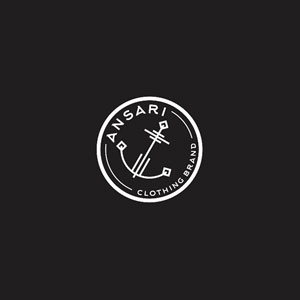
Paradigm Source

Image Source
Cubism
To this twenty-four hours, we run into traces of cubism in graphic design, particularly in unique logo designs. Cubists revolutionized sculpture and painting in Europe, and the motion also inspired other forms of art like architecture, literature, music, and eventually branding. In Cubism, objects are abstracted and reassembled into distinctive compositions that draw more than than one viewpoint.
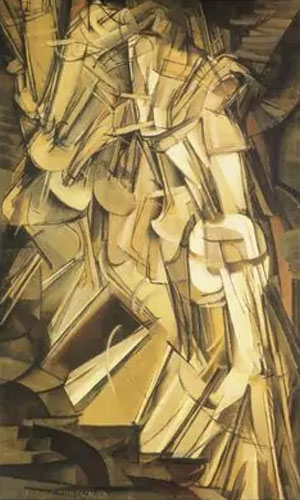
Image Source
In the style of cubism, artists and designers are not spring to replicate nature – they don't need to re-create infinite, color, form, and texture; in fact information technology is an art form in which in that location is freedom to reimagine things.
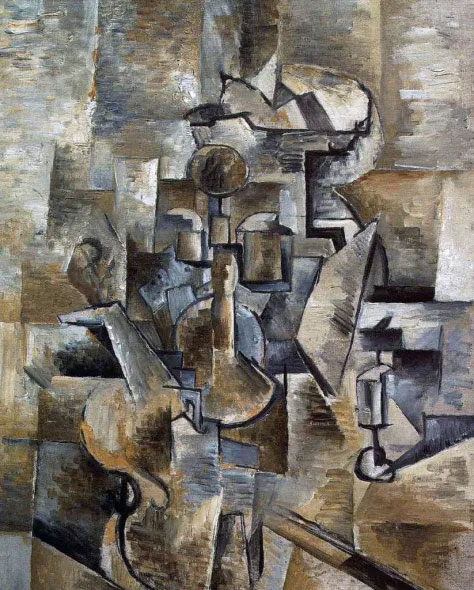
Paradigm Source
Famous Cubist artists you should check out for inspiration include: Pablo Picasso, Alice Bailly, Albert Gleizes, André Lhote, and Paul Klee amongst others.
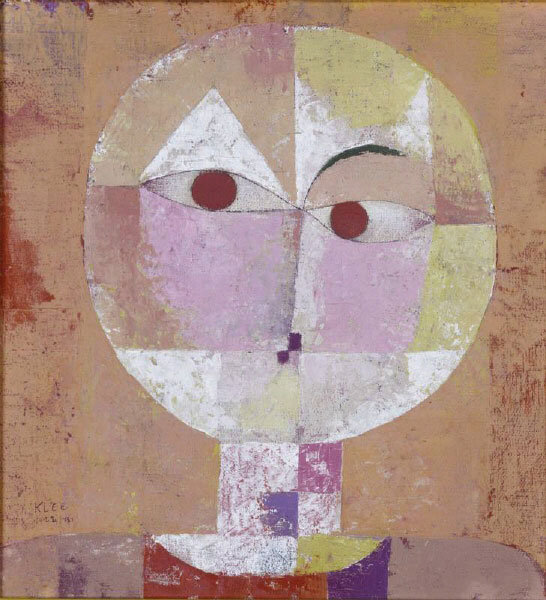
Image Source
Visual identity designers are using the style of cubism to create inspirational projects for clients. With this approach, graphic designers reduce visuals to their basic yet comprehensible level. Many Cubist-inspired logos are aesthetically eye-communicable.

Image Source

Image Source

Paradigm Source

Paradigm Source

Prototype Source
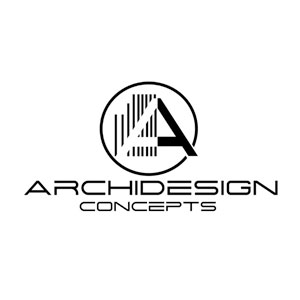
Image Source

Image Source
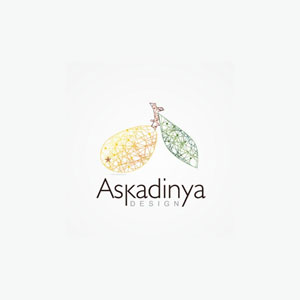
Epitome Source

Image Source

Image Source
Abstract Expressionism
Cubism is office of Abstruse art, only Abstract Expressionism is a step frontward. This movement started in the 1940s, with prominent artists similar Franz Kline, Mark Rothko, Willem de Koong, and Jackson Pollock leading the way.
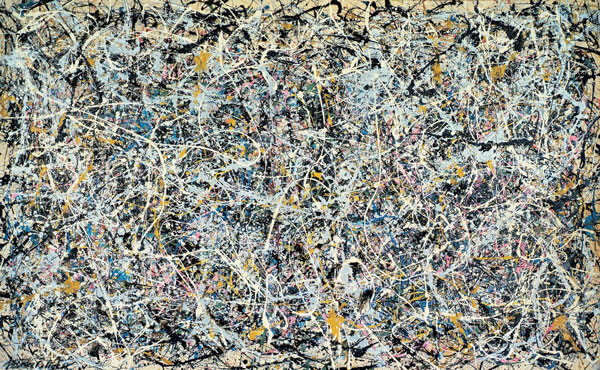
Image Source
The idea behind this style of art and pattern was to fill up the canvas with powerful and dynamic applications of colorful paints that evoke emotional responses.
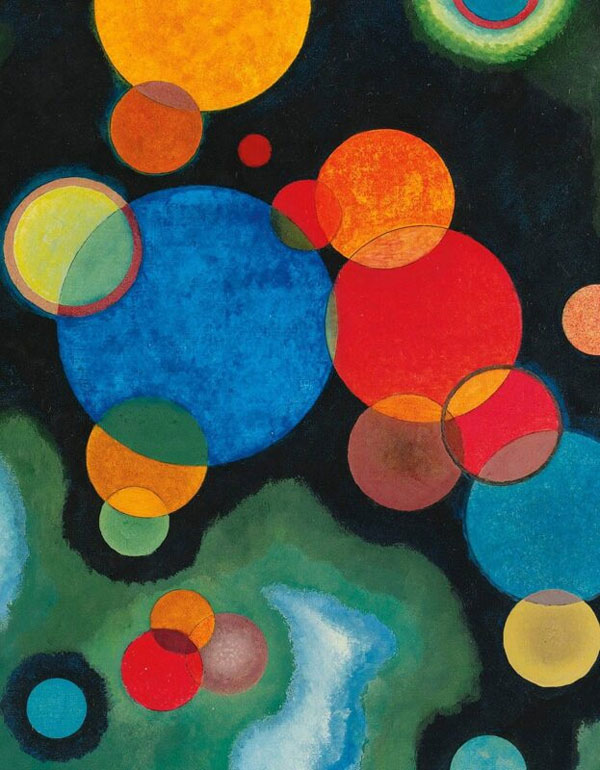
Epitome Source
Bits of abstruse expressionism movement tin can be constitute in logo designs for modest businesses and startups. The idea that surrounds this style is that it looks like it is based on randomness, coincidence, chaos, and idiosyncrasy. This style of blueprint will look great on handicraft logos or consequence logos.
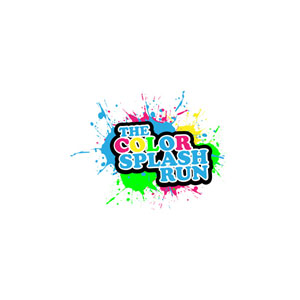
Paradigm Source
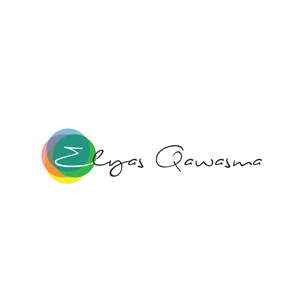
Image Source

Image Source

Image Source
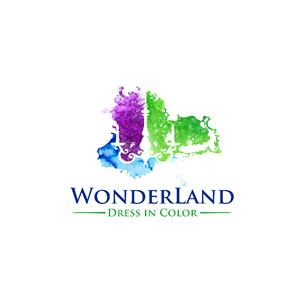
Paradigm Source

Prototype Source
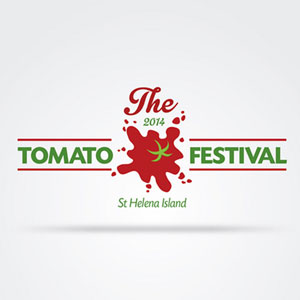
Prototype Source
Minimalism
Minimalism is a rather new blueprint movement that originated in the later 1960s, in America. It is characterized as being extremely simplistic and often to the signal. The thought is to use less elements to create something bonny.
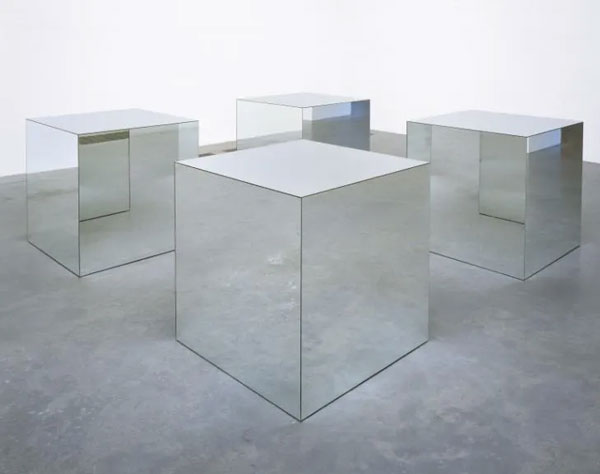
Paradigm Source
The movement initially surfaced by Kasimir Malevich, a Russian artist who painted a black square on white basis. Yes, that was it. The concept behind this and other minimal visual art works is to remove the excessive bits, or not add unneeded forms.
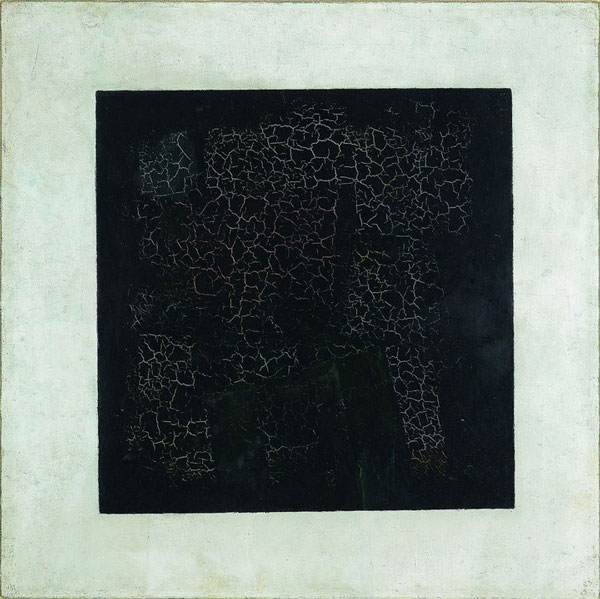
Image Source
Other names for the motion that assistance understand it instantly include "ABC art" or "literalist art", which simply mean that the designs have no element that crowds it or that doesn't add much essence to it.
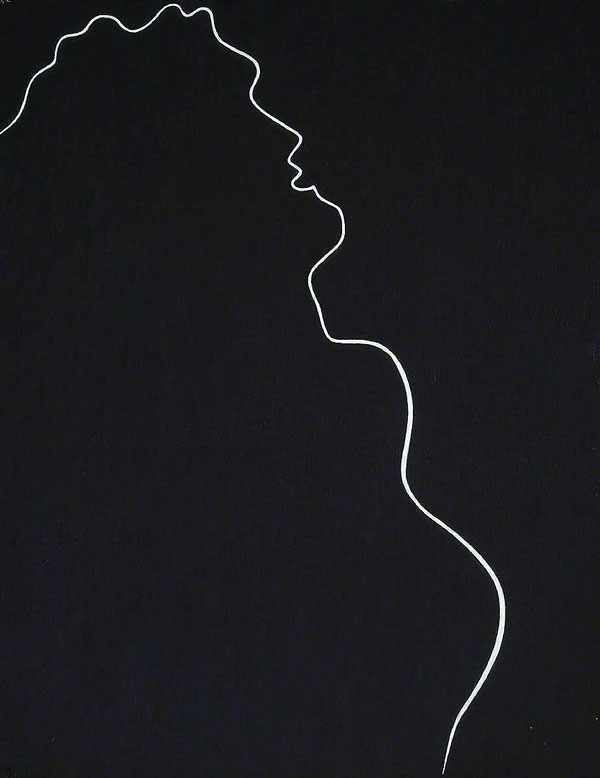
Image Source
The ane thing graphic designers need to practice when using minimalism in their projects is to know when to truly know when to terminate or to know when not to add anymore forms. Architecture logos will look impressive in minimalism style.

Epitome Source
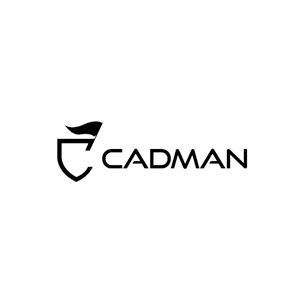
Image Source

Image Source

Prototype Source

Image Source
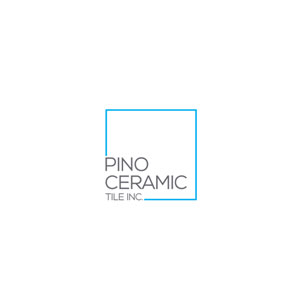
Image Source

Prototype Source

Image Source

Epitome Source
Know that these movements have come and gone, and returned. You don't have to follow them but if you practise, it'll be absurd when someone spots it. Have y'all tried using whatsoever of these movements in your logo designs? Share which one you have used and what are the things you lot had to watch out for?
Interested in getting something designed? Get a Quote
nelsontheraingaid.blogspot.com
Source: https://www.zilliondesigns.com/blog/graphic-design-movements-branding/
0 Response to "Design From the Art Nouveau Movement Can Be Described by Which of the Following?"
Post a Comment